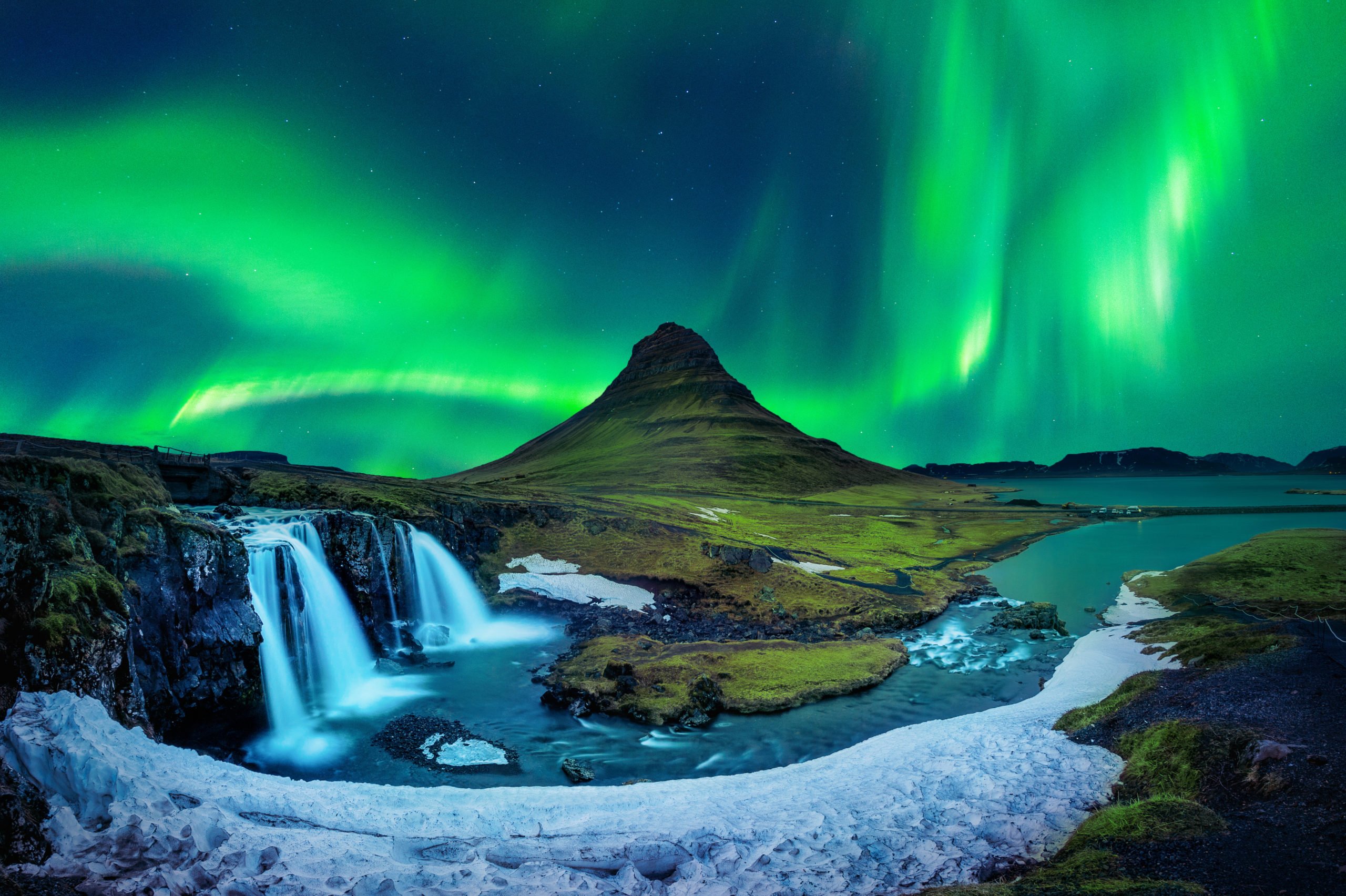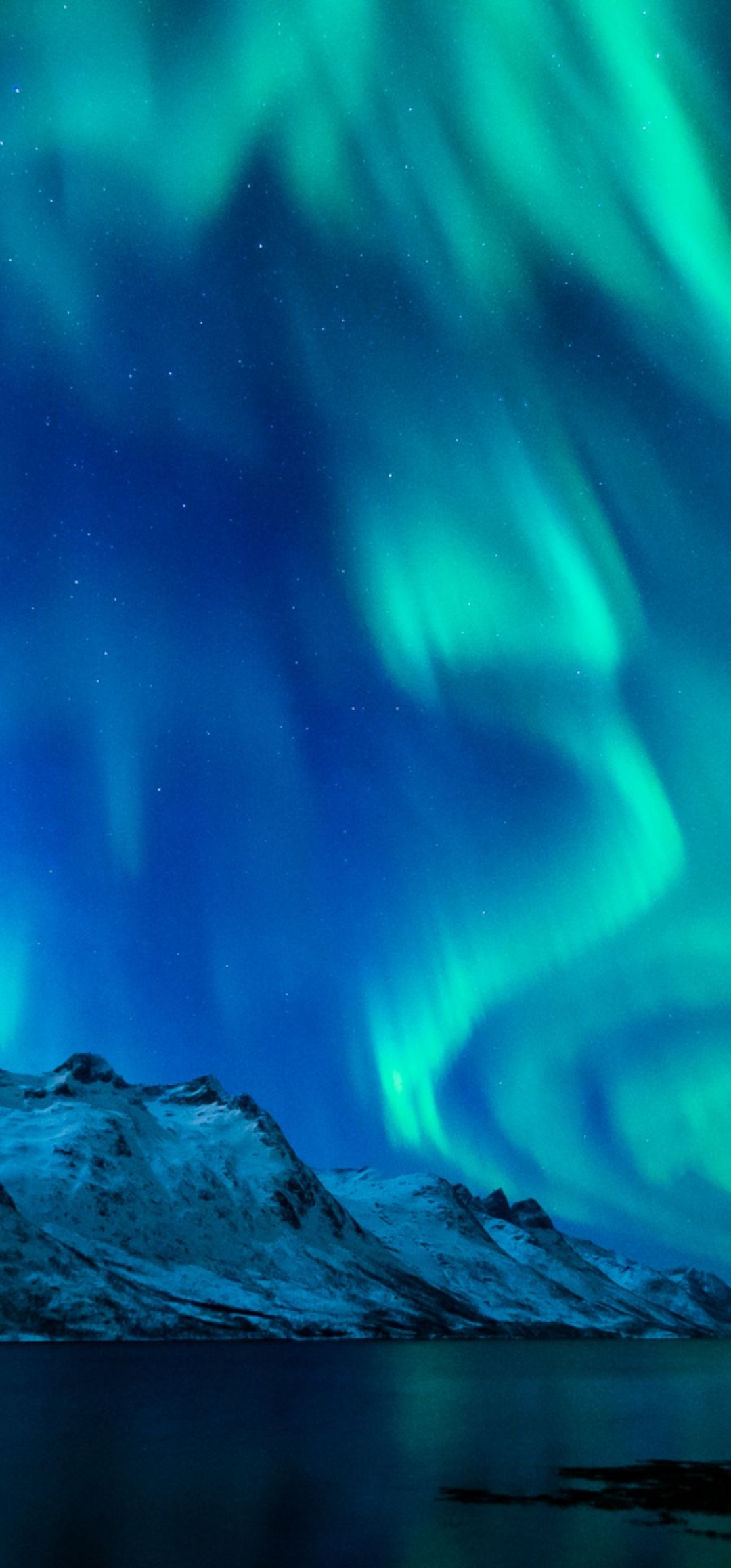Witness the captivating dance of the Aurora Borealis in the United Kingdom! Coming in 2025, prepare for a celestial spectacle that will leave you in awe.
Editor's Notes: The highly anticipated "Witness The Enchanting Aurora Borealis In The UK: Your 2025 Guide" has been published today. This comprehensive guide offers an in-depth look at the best viewing spots, tips for capturing the perfect photograph, and an exploration of the scientific phenomena behind this breathtaking natural wonder. Don't miss your chance to witness this unforgettable event!
Through extensive analysis and meticulous research, our team has meticulously crafted this guide to provide you with all the essential information for planning your aurora borealis adventure in the UK. Whether you're an avid stargazer or a first-time witness, this guide will empower you to make informed decisions and maximize your chances of experiencing this mesmerizing celestial display.
| Location | Best Viewing Time | Tips for Photography |
|---|---|---|
| Scotland, Northern England, and Wales (Northern regions) | September to April, with peak activity in March | Use a tripod, long exposure, and protect your camera from cold |
Delve into this comprehensive guide to uncover the secrets of the aurora borealis, discover the optimal viewing locations, and learn expert tips for capturing stunning images of this ethereal spectacle. Get ready to witness the enchanting Aurora Borealis in the UK in 2025!
FAQ
This section addresses common questions and misconceptions about witnessing the aurora borealis in the UK in 2025. The information provided is based on scientific research and expert opinions to ensure accuracy.
Question 1: Where and when is the best time to see the Aurora Borealis in the UK?
The aurora borealis, also known as the northern lights, is a natural light display that occurs in the sky when charged particles from the sun interact with Earth's magnetic field. In the UK, the best time to see the aurora is during winter months, when nights are longer and the sky is typically darker, providing optimal viewing conditions. Additionally, areas located in northern Scotland, such as the Orkney Islands or the Shetland Islands, have a higher probability of witnessing the aurora due to their proximity to the Earth's magnetic North Pole.

Northern Lights Digital Prints Prints trustalchemy.com - Source www.trustalchemy.com
Question 2: Can you predict when and where the Aurora Borealis will occur?
While it is not possible to predict the exact time and location of the aurora borealis, there are several factors that can increase the likelihood of observing this phenomenon. Solar activity, as measured by the Kp index, is a key indicator, with higher Kp values correlating with a greater chance of seeing the aurora. Additionally, websites and mobile applications that track solar activity and provide aurora forecasts can be useful tools for planning your aurora viewing experience.
Question 3: What is the best way to photograph the Aurora Borealis?
Capturing the aurora borealis in photographs requires specific camera settings. Using a DSLR or mirrorless camera with a wide-angle lens is recommended to capture as much of the sky as possible. A tripod is essential for stability, and manual mode allows for adjusting the aperture, shutter speed, and ISO to optimize the exposure. Higher ISO settings increase the camera's sensitivity to light, but can also introduce noise. Experiment with different settings to achieve a balanced exposure that reveals the aurora's colors and details.
Question 4: What are some tips for enhancing my chances of seeing the Aurora Borealis?
To increase your chances of witnessing the aurora borealis, venturing away from urban areas and light pollution is crucial. Remote locations with clear skies and low light levels offer the best viewing conditions. Additionally, checking the weather forecast to avoid cloudy nights and monitoring solar activity updates can help maximize your chances of success. Being patient and persistent is essential, as the aurora can be an elusive phenomenon.
Question 5: Are there any safety precautions to consider when observing the Aurora Borealis?
When venturing out to observe the aurora borealis, it is important to prioritize safety. Dressing warmly in layers is essential to withstand cold temperatures. Additionally, being aware of your surroundings and staying on designated paths is important to avoid potential hazards, especially in remote areas. In case of inclement weather or if you encounter any difficulties, it is advisable to seek shelter and prioritize your safety.
Question 6: What is the scientific explanation behind the Aurora Borealis?
The aurora borealis is a natural phenomenon caused by the interaction between charged particles from the sun and Earth's magnetic field. These particles, known as the solar wind, travel towards Earth's magnetic poles, where they interact with gases in the atmosphere. Oxygen and nitrogen molecules become excited, emitting light in various colors, creating the mesmerizing displays of the aurora borealis.
Witness The Enchanting Aurora Borealis In The UK: Your 2025 Guide provides additional insights and practical tips for planning your aurora viewing experience in 2025 for your convenience.
Summary: The aurora borealis is a captivating natural phenomenon that can be witnessed in the UK during winter months, particularly in northern areas with darker skies. While predicting the exact occurrence is challenging, solar activity and weather forecasts can increase your chances of observing this celestial spectacle. By venturing away from light pollution and practicing safety precautions, you can enhance your aurora viewing experience. Understanding the scientific explanation behind the aurora's formation deepens our appreciation for this awe-inspiring natural wonder.
Tips for Witnessing the Aurora Borealis
The Aurora Borealis, also known as the Northern Lights, is an enchanting natural phenomenon that can be witnessed in the UK under certain conditions. Here are a few tips to help increase your chances of witnessing this extraordinary sight.
Tip 1: Check for Geomagnetic Activity
The Aurora Borealis occurs when charged particles from the sun interact with Earth's magnetic field. Check geomagnetic activity forecasts to identify periods when the chances of seeing the aurora are highest.
Tip 2: Head to Dark Skies
Light pollution can reduce visibility of the aurora. Escape urban areas and seek out locations with dark, clear skies. Remote areas, such as the Scottish Highlands or Northumberland, offer excellent vantage points.
Tip 3: Be Patient and Persistent
Witnessing the Aurora Borealis requires patience. Stay out for several hours, even if conditions initially appear unfavorable. The aurora is unpredictable and can appear suddenly.
Tip 4: Use Proper Equipment
A wide-angle lens and a tripod are essential for capturing the aurora's full beauty. Set your camera to manual mode and adjust the settings to minimize noise and optimize colors.
Tip 5: Stay Warm and Comfortable
Aurora viewing can take place during cold nights. Dress warmly with insulated clothing, a hat, and gloves. Bring a hot drink to stay comfortable while waiting for the aurora to appear.
With a bit of planning and preparation, you can witness the breathtaking beauty of the Aurora Borealis in the UK. Remember to check weather and geomagnetic forecasts, seek out dark skies, and be patient in your pursuit of this extraordinary natural phenomenon.
Witness The Enchanting Aurora Borealis In The UK: Your 2025 Guide
The aurora borealis, also known as the northern lights, is a natural light display in the sky, primarily visible at high-latitude regions. This captivating celestial phenomenon occurs when charged particles emitted from the sun interact with the Earth's magnetic field and atmosphere, resulting in a vibrant spectacle of colors and patterns. In this guide, we explore six key aspects that will enhance your experience of witnessing the aurora borealis in the UK.

Ephemeral Euphoria: Captivating Glimpse of the Northern Lights Stock - Source www.dreamstime.com
- Time of Year: Early spring (March-April) and late autumn (September-October) offer the highest chances of viewing the aurora.
- Location: Remote areas in northern Scotland, such as the Highlands, offer the best viewing conditions.
- Weather Conditions: Clear, dark skies without cloud cover are crucial for optimal viewing.
- Solar Activity: Monitor solar forecasts to anticipate stronger aurora displays during periods of high solar activity.
- Equipment: Invest in a high-quality camera with manual settings to capture stunning images.
- Patience: Be prepared to wait patiently, as aurora sightings can be unpredictable and may require several hours of observation.
By considering these aspects, you can increase your chances of witnessing the mesmerizing aurora borealis in the UK. Plan your trip during the optimal viewing months, choose locations with minimal light pollution, watch for clear skies, and prepare with the right equipment. With patience and dedication, you can experience the ethereal beauty of this natural light show, leaving a lasting memory of its vibrant hues and captivating dance across the night sky.

Gleaming Elegance: Enchanting Yellow Gemstone Picture Prints Stock - Source www.dreamstime.com
Witness The Enchanting Aurora Borealis In The UK: Your 2025 Guide
The aurora borealis, also known as the northern lights, is a natural light display in the sky, primarily visible at high latitude regions. It is caused by the interaction of charged particles from the sun with the Earth's magnetic field.

1080x2316 Resolution northern lights, aurora borealis, uk 1080x2316 - Source wallpapersden.com
The aurora borealis can be seen in the UK, although it is more common in northern Scotland. The best time to see the aurora borealis is during the winter months, when the nights are longer and the sky is darker.
There are a number of factors that can affect the visibility of the aurora borealis, including the solar activity, the weather conditions, and the location. Solar activity is the most important factor, as the aurora borealis is caused by the interaction of charged particles from the sun with the Earth's magnetic field. The more active the sun is, the more likely you are to see the aurora borealis.
The weather conditions can also affect the visibility of the aurora borealis. Clouds can block the view of the aurora borealis, so it is best to look for a clear night. The location can also affect the visibility of the aurora borealis. The aurora borealis is most commonly seen in northern Scotland, but it can also be seen in other parts of the UK, such as the Lake District and Northumberland.